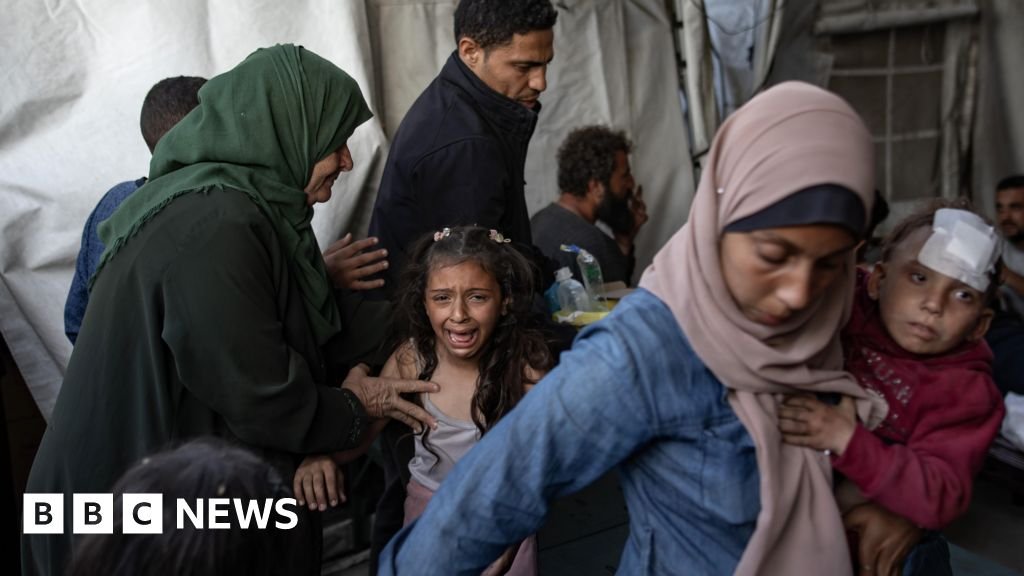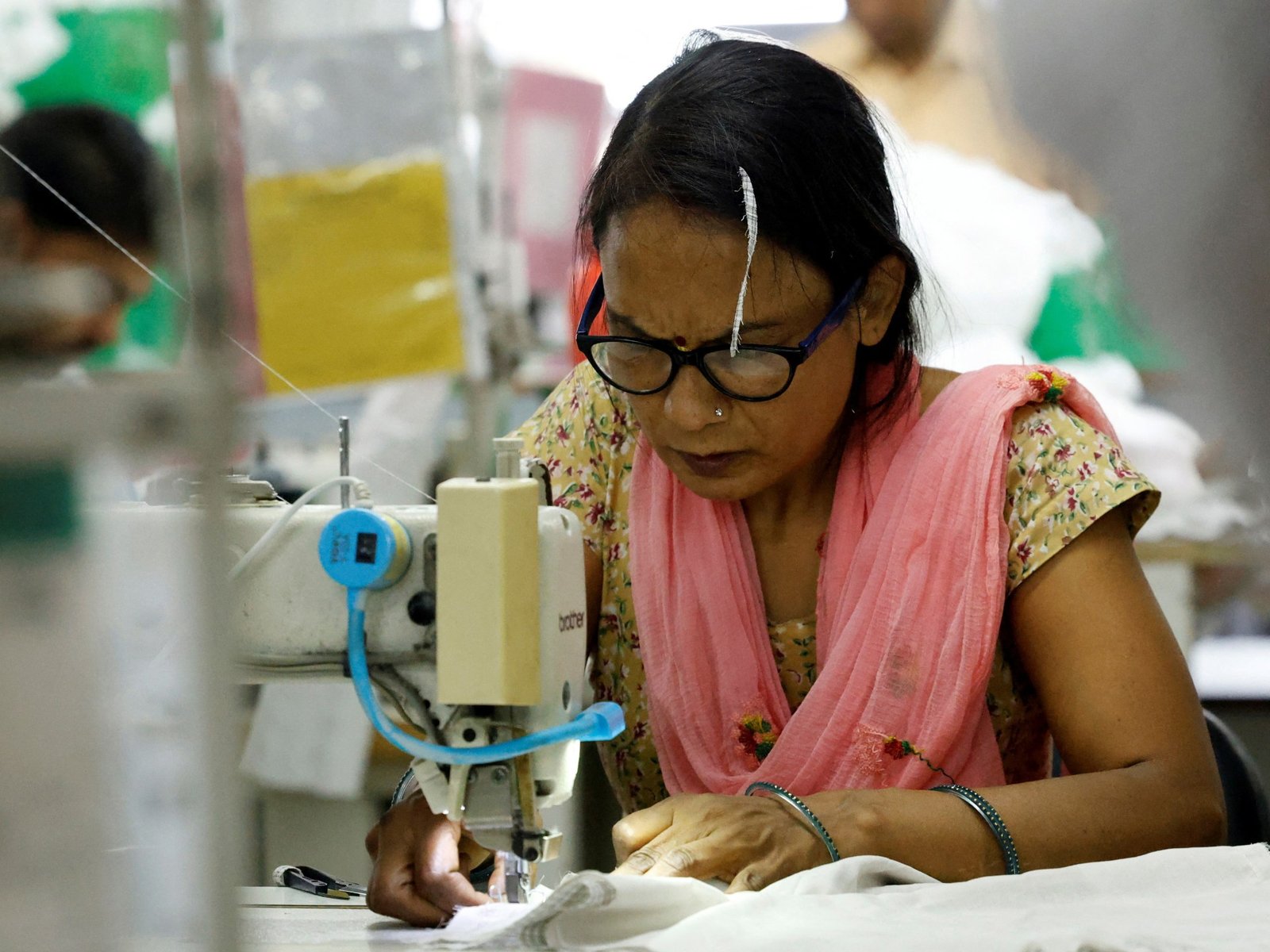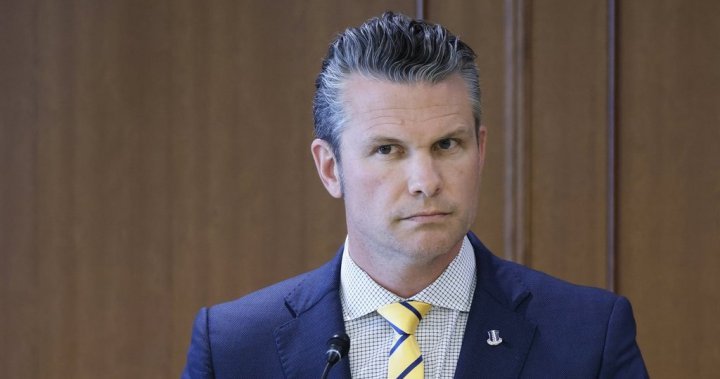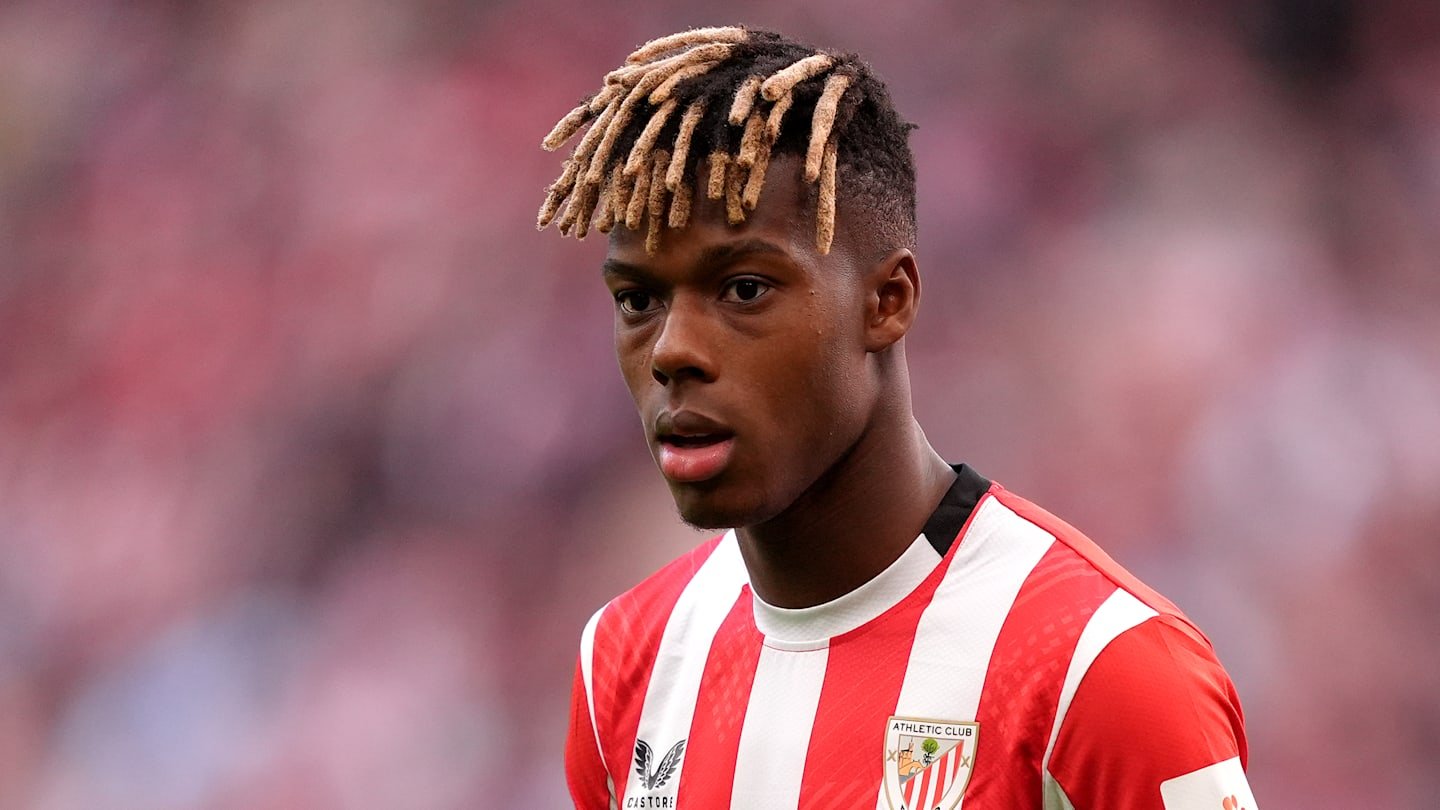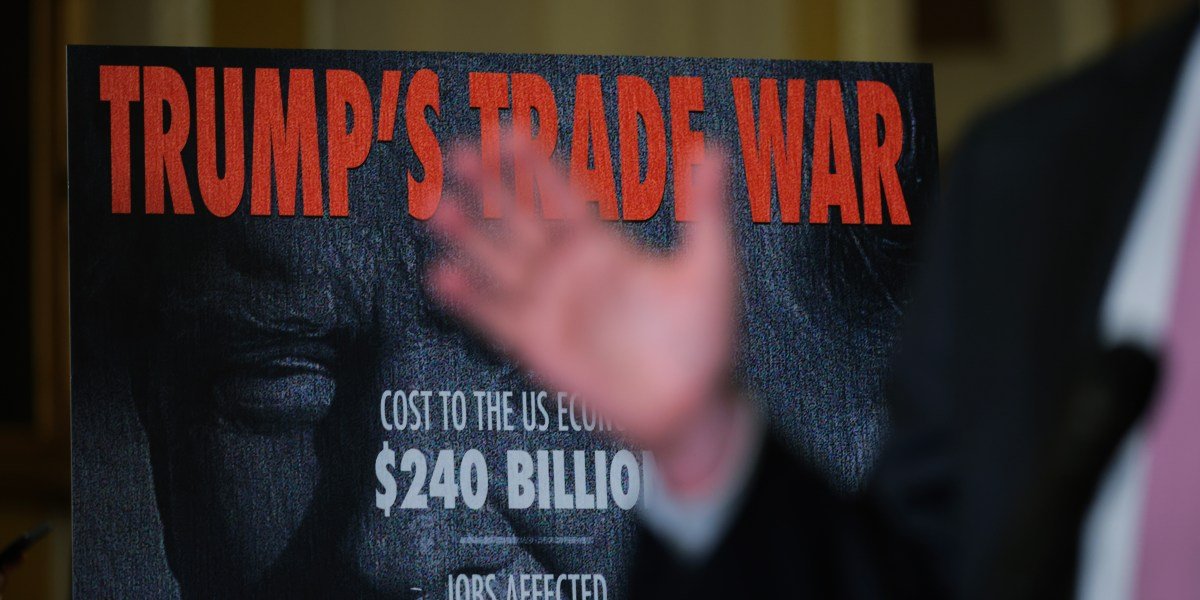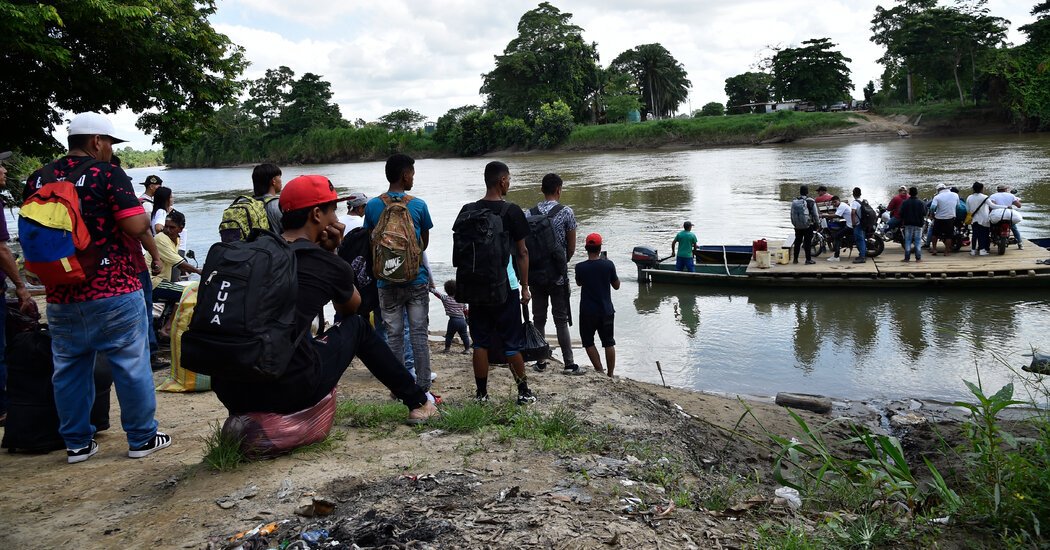
At least 80 people have been killed and more than 11,000 forced to flee their homes in Colombia, officials say, amid fierce clashes between two rival armed groups on the border with Venezuela.
The violence, in a northeastern region called Catatumbo, is some of the worst the country has seen in years, raising concerns that the country is moving in the opposite direction of “total peace” – a goal the country’s leftists have made a priority for President Gustavo Petro, who is more from half of his four-year term.
Colombian leader visited the region on Friday, writing on X that his government “stands with the people of Catatumbo.” He also sent troops and humanitarian aid.
Displaced families find refuge at the stadium in Cúcuta, a border town better known in recent years for hosting Venezuelan migrants. In some places, Colombians are fleeing to Venezuela — home to its own humanitarian crisis — and Venezuela’s autocratic leader Nicolás Maduro has promised to send them aid.
The clashes in Catatumbo are a sharp departure from the hope that swept parts of Colombia less than a decade ago, when the country signed a peace deal with its largest rebel group, the Revolutionary Armed Forces of Colombia, or FARC.
The nation has suffered through decades of internal conflict, with leftist guerrilla groups including the FARC; paramilitary organizations and a government fighting for control of the country and for lucrative industries such as drug trafficking.
Thousands of FARC fighters laid down their arms in the 2016 accord, which at the time seemed like a seismic moment for one of the world’s most violent countries. But old rebel groups, including the National Liberation Army, or ELN, persisted, while new ones emerged, all fighting for control of territory and industry left behind the FARC.
In some cases, these new groups are made up of former FARC fighters, and they have splintered and splintered, helping fuel an increasingly complicated conflict.
Catatumbo is home to vast fields of coca, the plant that is the primary product of cocaine. Two groups control the territory, the ELN and a group of former FARC members called the 33rd Front, said Gen. Luis Emilio Cardozo, head of Colombia’s military. talking to reporters over the weekend.
A precarious peace between the two groups broke last week. General Cardozo said there had been four or five clashes between the groups in recent days, and in other cases armed fighters went door to door, targeting former FARC fighters they suspected of being part of the 33rd Front.
“It was a very well-planned criminal operation,” he said, “they went with a list in hand looking for people they wanted to kill.
In response to the violence, Mr Petro suspended ongoing peace talks with the ELN.
While the military was distracted, a separate conflict broke out in recent days between two former FARC groups in Guaviare, a department in south-central Colombia. according to the state ombudsman’s office.
Organizations, including the International Crisis Group, have been warning for years that the security situation in the country has worsened since 2016 and that violence could break out at any moment.
“We are very concerned that that moment is now,” said Elizabeth DickinsonColombian non-profit analyst. “Escalations on various front lines have brought the conflict to a very dangerous tipping point.”
Ms. Dickinson called the scale of the conflict in Guaviare “very significant” and said it had the potential to spread to several departments in southern Colombia. She added that there are “many children” in the ranks of armed groups in that area.
The clashes in Catatumbo, in the north, on the border with Venezuela, come amid growing tensions between Mr. Peter and Mr. Madura, which is provided a safe haven ELN members.
Both Mr. Petro and Mr. Maduro call themselves leftists, and just two years agothe two shook hands in Caracas and promised more productive relations.
But Mr. Petro has become even more critical of the autocrat in recent weeks, criticizing him for imprisoning political opponents and refusing to release the results of the recent presidential election for which Mr. Maduro claimed to have won, but many countries agree that the supreme leader of the opposition actually won.
This caused the anger of Mr. Madura, who is Mr. Peter and other leaders accused of interfering in the internal affairs of Venezuela.
The International Committee of the Red Cross said last year it was monitoring eight different armed conflicts inside Colombia.
On Sunday evening, state ombudsman Iris Marin, told 11,000 people were displaced to Catutumbo in just four days, including many children. William Villamizar, the governor of northern Santander, a border department, said the death toll had risen to more than 80 people.
Ms. Marin said the violence represented “one of the biggest and most serious humanitarian crises that Catatumbo has faced, if not the worst.”
She blamed “a few people” in the region for the conflict and called on them to end it. “Those few people have the ability to stop suffering.”
Federico Rios contributed reporting.
